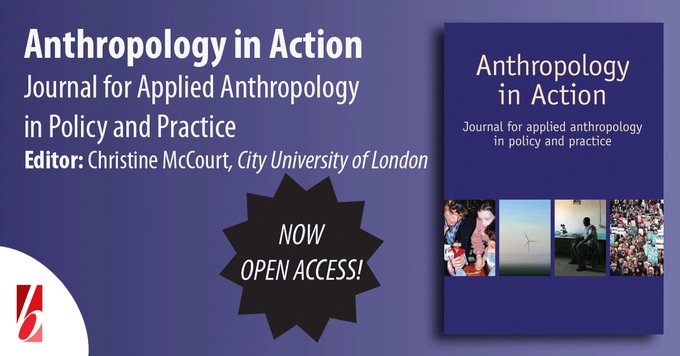This article, which was peer reviewed and published in the journal Anthropology in Action, is about the controversial educational practice of corporal punishment –known as taibatsu in Japan – which challenged me to reflect upon my anthropological “heart”, and find my identity as a scholar and as a human being. Corporal punishment is a practice around which many ideas and discourses about education, social order, human rights and even power swirl, and it is therefore an inherently sociocultural practice wherever it takes place. Like other forms of violence, it also poses a personal challenge to anthropologists who observe it in practice and have to decide whether to remain an observing bystander. At one time, I made that choice. In this article, I explain why I no longer do.

